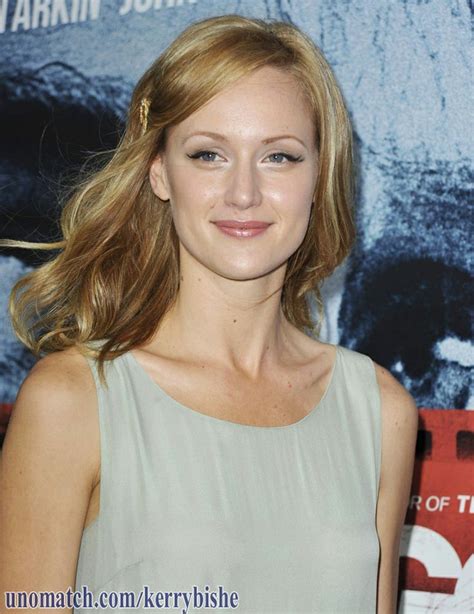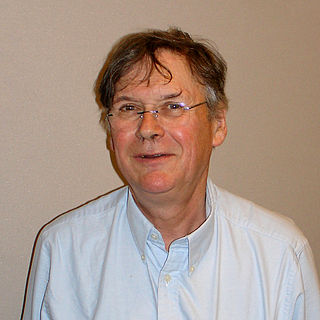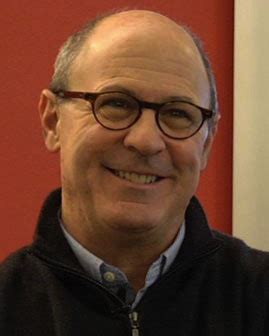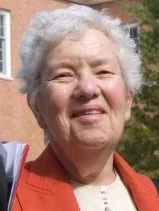A Quote by Kerry Bishe
Showing women being scientists on television can have a great impact on who actually goes into science as a profession.
Quote Topics
Related Quotes
My inbox is now bulging with touching emails from young women scientists who have been kind enough to write and thank me for inspiring them and helping them on their way. It has also been of great comfort to me to see many women at the top of science testifying for my record in supporting women scientists.
The U.S. is telling the Northern Alliance to kill Taliban prisoners. It's totally a breach of all the known conventions of war. Western television networks aren't showing this, but Arab networks are showing how prisoners are being killed and what's being done to them. Instead, we're shown scenes that are deliberately created for the Western media: a few women without the veil, a woman reading the news on Kabul television, and 150 people cheering.
I don't think any administration, when they come in, thinks that their job is to tell the scientists what the science looks like or to be quiet about the science. Scientists need to remain true and not allow science to be politicized. Scientists are not politicians, and no politician should consider themselves to be a scientist.
Historians of a generation ago were often shocked by the violence with which scientists rejected the history of their own subject as irrelevant; they could not understand how the members of any academic profession could fail to be intrigued by the study of their own cultural heritage. What these historians did not grasp was that scientists will welcome the history of science only when it has been demonstrated that this discipline can add to our understanding of science itself and thus help to produce, in some sense, better scientists.
Scientists blame the audience for being too stupid, shallow, or lazy to understand. There has been a fascinating debate in the blogosphere lately about communicating science to the public, and it's clear that most scientists just don't get it. They can't be bothered to talk to real people. Nobody will care about your issues if the price they have to pay is listening to a long lecture from Morton the science bug.
The scientists who are working 80 hours a week trying to do their science are up against PR guys who know how to spin things and how to create doubt. Creating doubt around tobacco for fifty years when they absolutely knew it caused cancer, that was a real talent. But meanwhile, the scientists, they're not there to go on television. Their brains don't work like that.




































